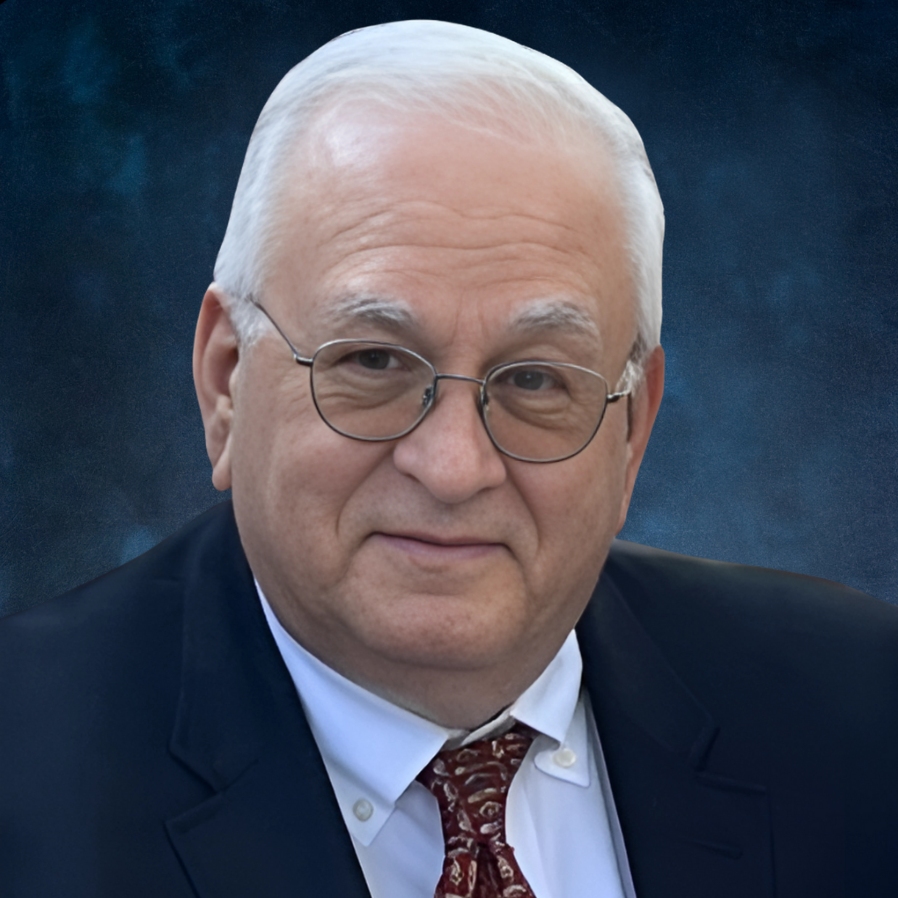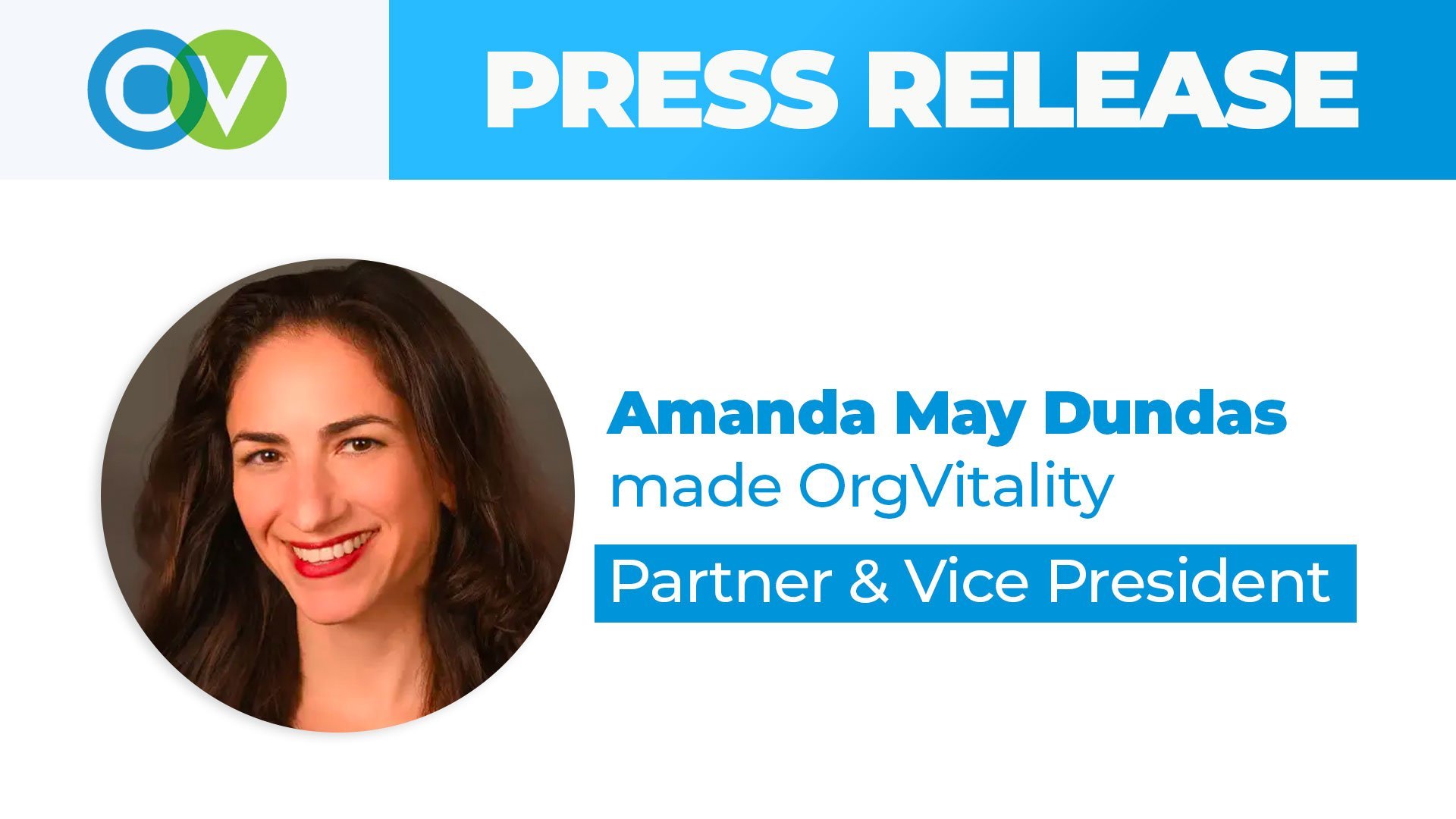.png)
Heroes have their place in both fictional stories and in real-life inspirations. Sometimes companies might market heroic-like corporate actions, such as advertising their abilities to deliver a package of medicine in a blizzard, working through a weekend to meet a client deadline, or repairing critical infrastructure to keep people safe.
However, organizations that regularly rely on heroes to “save-the-day” should closely examine their processes and procedures. Heroic efforts should not be needed to accomplish routine organizations tasks, and if they do, there are multiple risks to the organization. For example, one of the strongest predictors of employee turnover is the amount of frustration that staff feel day-to-day while working. If the degree of difficulty in getting the job done is high, frustration will follow. Employees who are expected to routinely perform heroic deeds to accomplish their work will experience frustration and are at higher risk for turnover.
[Read Our eBook Guide: Preventing Regrettable Turnover]
Having effective processes and procedures in place which operate smoothly, routinely, and do not require Herculean efforts will lower the frustration level of the work environment and create a more positive, upbeat organization.
Organizations of all kinds can be heroic, for there is a difference between being heroic and requiring heroes. A heroic organization is often one that serves a higher purpose. Feeding the hungry, providing medical care to the uninsured, discovering medicines for diseases, defending those that can’t defend themselves, or standing up for human rights and equal rights. Even for-profit organizations whose missions aren’t necessarily heroic can act heroically, such as Patagonia donating 1% of sales to grassroots environmental groups. Most people are thrilled to work for an organization that they view as heroic, but don’t confuse that with an organization that depends on heroic actions of individuals to get the work done.
Being a heroic organization is serving a higher purpose for the betterment of others, while needing heroes to get the work done is a path leading to a frustrated workforce.
Author

Jeffrey Saltzman is the CEO of OrgVitality, and an Associated Fellow at the Center for Leadership Studies, School of Management at Binghamton University. He is credited with driving technological improvements now commonly seen in the survey industry, creating a business model focused on scientific rigor and business practicality while aiming for bottom-line results. He is the co-author of Creating the Vital Organization: Balancing Short-Term Profits with Long-Term Success, among other books.






